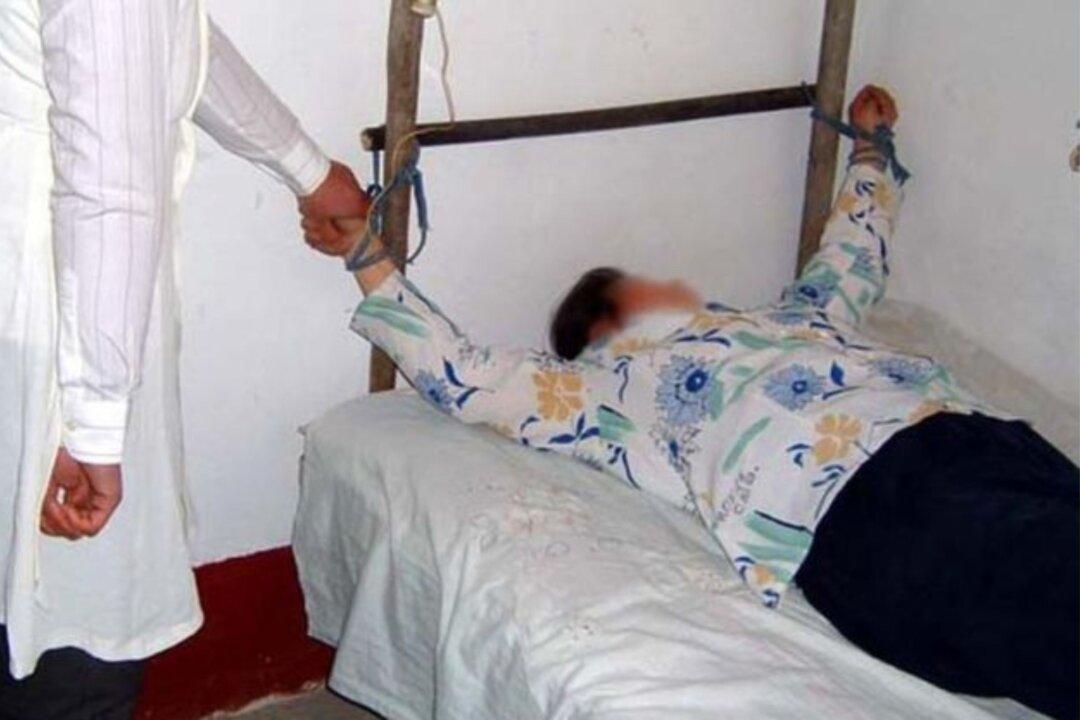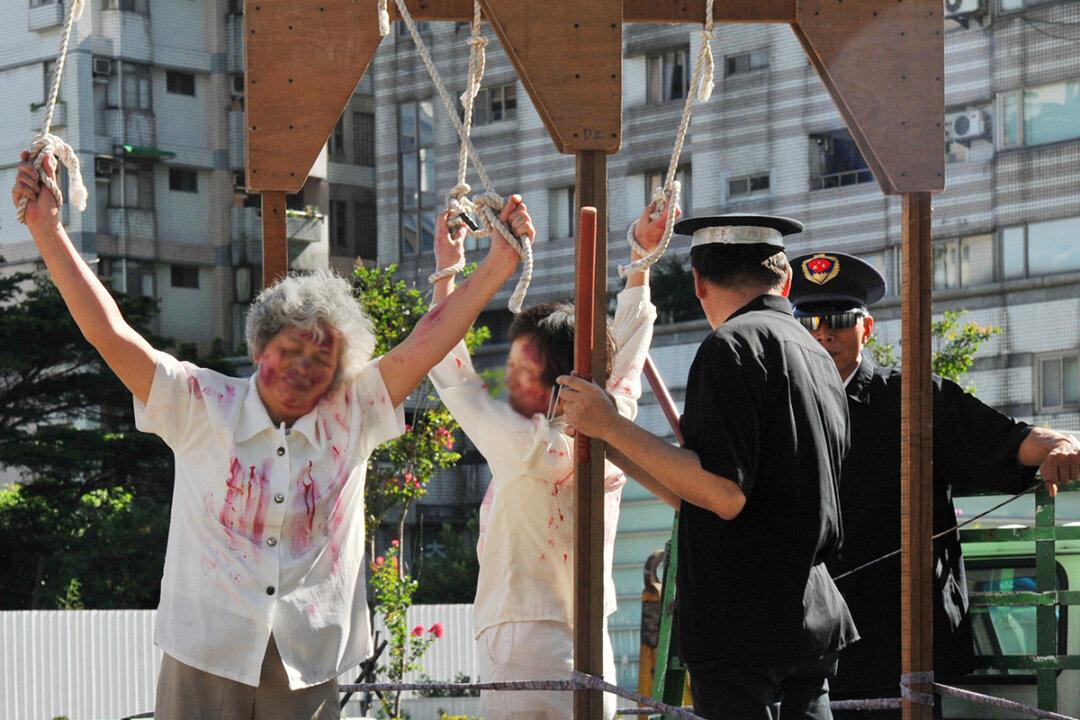If your videos on TikTok are not getting as many views and likes as you would have expected, there could be one possible reason: your uploads might have been censored.
According to leaked documents seen by The Intercept, the popular Chinese video-sharing social networking app has been instructing its moderators not to promote videos that contain “ugly facial looks,” “abnormal body shape,” “too many wrinkles,” and “obvious beer belly” on the “For You” section of the app. TikTok, a company owned by Beijing-based ByteDance Ltd., stressed in the document that such videos “will be much less attractive, not worthing [sic] to be recommended to new users.”





![‘Killing You Would Be the Same as Killing Ants’: Prisons Where Innocent Citizens Are Tortured [PHOTOS]](/_next/image?url=https%3A%2F%2Fimg.theepochtimes.com%2Fassets%2Fuploads%2F2023%2F12%2F09%2Fid5544114-Falun-DaFa-practitioner-1080x720.jpg&w=1200&q=75)